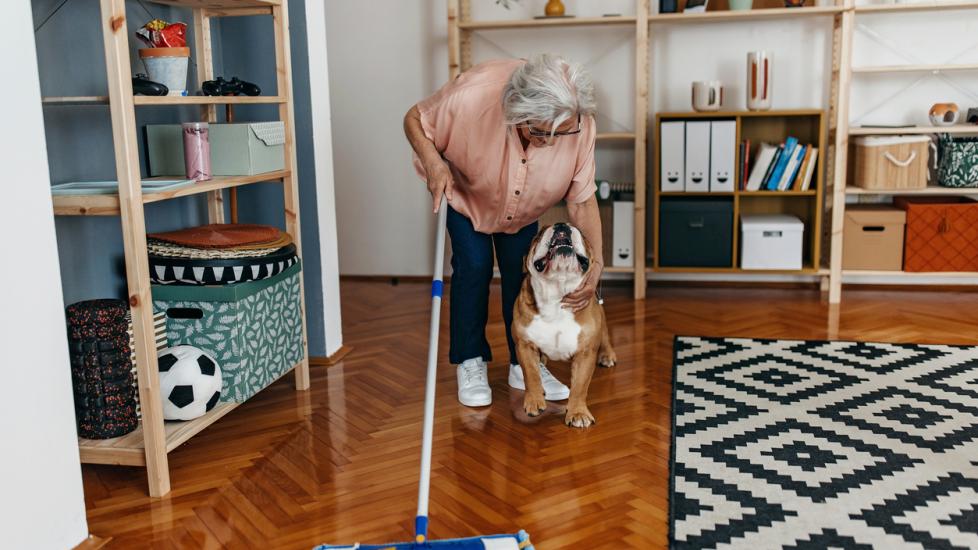 The Hidden Dangers of Common Household Cleaners for Our Furry Friends
The Hidden Dangers of Common Household Cleaners for Our Furry Friends
Introduction:
As pet owners, we strive to provide our furry companions with a safe and comfortable environment. However, many common household cleaning products can pose significant risks to the health of our beloved pets. It is crucial to be aware of these potential hazards and take proactive measures to keep our homes clean without compromising on their well-being. In this article, we will explore some commonly used cleaning agents that may harm your pets and offer alternative solutions to maintain a healthy living space.
Body Paragraph 1: Toxic Chemicals in Disinfectants
Many disinfectant sprays contain harsh chemicals such as bleach, ammonia, or quaternary ammonium compounds (quats) which are effective at killing germs but can also irritate a pet’s respiratory system if inhaled. These substances can cause coughing, sneezing, eye irritation, and even more severe symptoms like difficulty breathing. When using disinfectants, it is essential to ensure proper ventilation and to avoid leaving them within reach of curious paws. Additionally, consider opting for natural alternatives like vinegar and water mixtures or plant-based disinfectants that are safer for both humans and animals.
Body Paragraph 2: Petroleum Distillates in Floor Polishes and Furniture Polish
Products designed to shine floors or polish furniture often contain petroleum distillates, which can be highly toxic to cats if ingested. Cats have an instinct to groom themselves by licking their fur, so if they come into contact with these chemicals, they could inadvertently consume them. Symptoms of poisoning include vomiting, diarrhea, lethargy, and, in severe cases, seizures. Instead, choose non-toxic polishes specifically formulated for use around pets or make DIY versions using olive oil and lemon juice.
Body Paragraph 3: Aromatic Essential Oils and Diffusers
Essential oils are popular due to their fragrance and supposed therapeutic benefits, but not all are safe for pets. Some varieties, including peppermint, tea tree, and citrus oils, can be harmful when consumed or absorbed through the skin. Even diffused oils can lead to respiratory distress in sensitive animal noses. Always read labels carefully before introducing any new product into your home, and consult with a veterinarian about suitable scents for your pet. If you wish to enjoy the aroma of essential oils, opt for those explicitly labeled “pet-safe” and follow usage instructions diligently.
Conclusion:
By being mindful of the ingredients in our cleaning products and choosing options that are pet-friendly, we can create a healthier atmosphere for our four-legged family members. Remember to store cleaners out of reach, ventilate rooms properly during application, and always err on the side of caution when introducing new items into your pet’s environment. Regularly inspect your cleaning supplies to ensure they comply with safety standards and never assume that because something is marketed as “natural” or “eco-friendly” that it automatically means it’s safe for animals. With a little extra care, we can continue to nurture loving relationships between us and our cherished pets.
